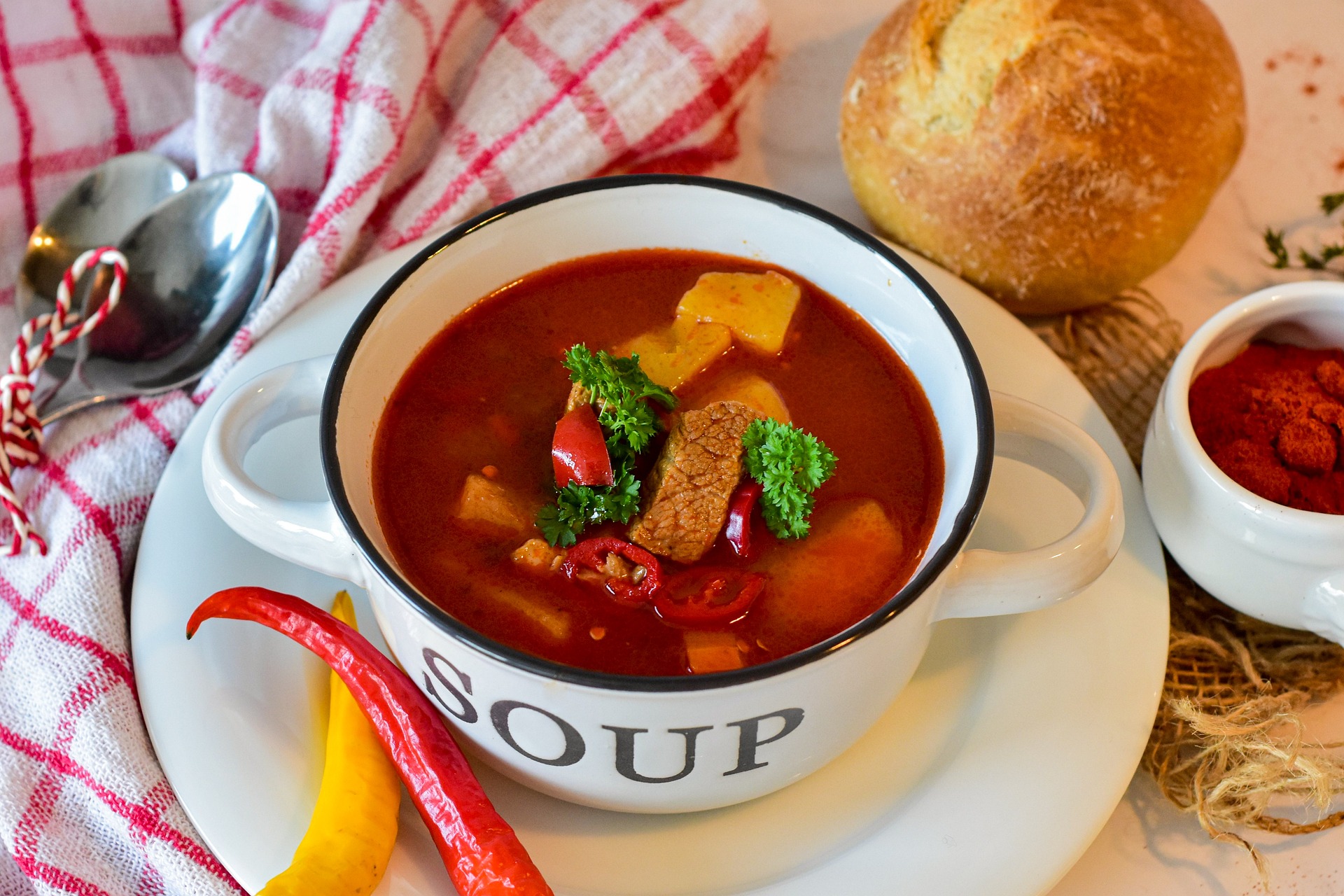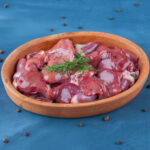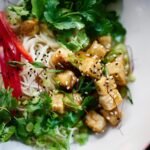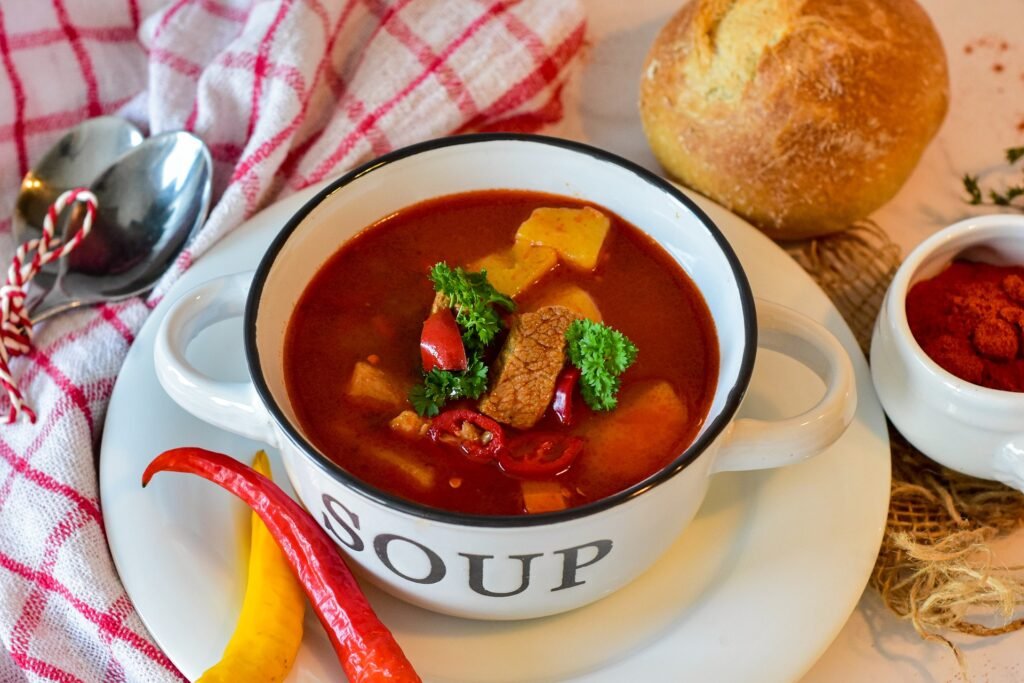
Overview
When the flu strikes, it brings symptoms like fever, chills, body aches, and fatigue that can leave you feeling drained. During this time, choosing the right foods becomes essential to help support your immune system, alleviate symptoms, and give your body the nutrients it needs to fight off the infection. In this article, we’ll cover the most beneficial foods to consume when you have the flu, and how each one supports your recovery
Table of Contents
Why Nutrition Matters When Battling the Flu
Good nutrition plays a crucial role when you’re recovering from the flu. During this time, your body is in overdrive, working hard to combat the viral infection. Proper nutrition can:
- Support Immune Function: Certain nutrients, like vitamins C and D, zinc, and antioxidants, boost immune response, helping your body fight the flu virus.
- Aid in Symptom Relief: Foods with anti-inflammatory and soothing properties can alleviate symptoms like sore throat, congestion, and headaches.
- Maintain Energy Levels: Even though your body may feel too tired to eat, nutritious food provides energy to help you recover faster.
- Prevent Dehydration: Many flu symptoms, such as fever and sweating, can lead to dehydration. Eating hydrating foods and drinking plenty of fluids help prevent this
Related : 10 Health Benefits of Coffee and Tea
Let’s dive into the best food choices to support your recovery, from hydrating broths to nutrient-packed fruits.
Top Foods for Flu
Clear Broths and Soups
- Why They’re Beneficial: Clear broths, especially chicken soup, are staples during flu season for a reason. They are light on the stomach, easily digestible, and incredibly hydrating, making them an ideal food choice for someone feeling weak.
- Nutrient Broths are rich in electrolytes like sodium, which can help replace lost fluids and electrolytes due to fever or sweating.
- The warmth of soups and broths can relieve congestion and soothe a sore throat. Chicken soup, specifically, contains cysteine, an amino acid that may help thin mucus, making it easier to expel.
Herbal Teas
- Why They’re Beneficial: Herbal teas not only provide warmth and comfort but also deliver antioxidants and anti-inflammatory compounds that support immune health.
- Best Choices: Ginger tea is known for its anti-nausea properties, making it an excellent choice if you’re experiencing stomach discomfort. Peppermint tea can relieve nasal congestion, while chamomile tea promotes relaxation, which can help you rest and recover.
- Usage Tip: Add honey to your tea for added soothing properties. Honey has natural antimicrobial effects and can ease a sore throat and cough
Citrus Fruits
Why They’re Beneficial: Citrus fruits are rich in vitamin C, a potent antioxidant that helps boost immune function and reduce inflammation.
- Nutrient Oranges, lemons, and grapefruits provide high doses of vitamin C, which supports the production of white blood cells that help combat infections.
- Benefits: The natural acidity in citrus fruits can help break down mucus, making it easier to clear congestion. Drinking lemon-infused warm water can soothe your throat while keeping you hydrated
Related : Top 10 Causes of Blood Sugar Swings and How to Manage Them
Honey

Why It’s Beneficial: Honey has been used for centuries as a natural remedy for coughs and sore throats. Its antimicrobial and anti-inflammatory properties make it especially beneficial when you’re feeling under the weather.
- How to Use: Add a spoonful of honey to warm water, tea, or simply consume a teaspoon on its own. However, avoid giving honey to children under one year old, as it carries a risk of botulism.
- Benefits: Honey can coat the throat, reducing cough reflexes and providing temporary relief for dry, scratchy throats.
Bananas
Why They’re Beneficial: Bananas are gentle on the stomach and provide quick energy, thanks to their easily digestible natural sugars and carbohydrates.
- Nutrient High in potassium, bananas help replenish electrolytes lost due to fever, sweating, or vomiting.
- Benefits: Their bland nature makes bananas a suitable option if you’re experiencing nausea or a lack of appetite. They can also be blended into smoothies for an added nutrient boost.
Yogurt
Why It’s Beneficial: Yogurt contains probiotics—beneficial bacteria that support gut health. A strong, healthy gut microbiome is closely linked to immune function.
- Nutrient Besides probiotics, yogurt is high in protein, calcium, and vitamins B2 and B12, all of which are essential during recovery.
- Usage Tip: Choose plain, unsweetened yogurt to avoid added sugars, which can suppress immune function. Consider adding honey or blending it with fruits like bananas or berries for extra nutrition
Related : How to Get Rid of a Cold Fast
Garlic
Why It’s Beneficial: Garlic has long been revered for its antiviral and antibacterial properties, thanks to a compound called allicin, which has immune-boosting effects.
- Benefits: Studies suggest that garlic can shorten the duration of colds and flu, making it an excellent addition to your diet. Try adding it to broths, soups, or dishes for easy consumption.
Whole Grains and Oats
Why They’re Beneficial: Whole grains like oats provide complex carbohydrates, which supply sustained energy without spiking blood sugar.
- Nutrient Oats are packed with beta-glucan, a type of fiber that enhances immune function. They also contain vitamins and minerals like zinc, iron, and magnesium, which play a role in immune response.
- Usage Tip: Prepare oatmeal with warm milk or water, and consider adding honey and cinnamon to enhance flavor and nutrient content.
Leafy Green Vegetables
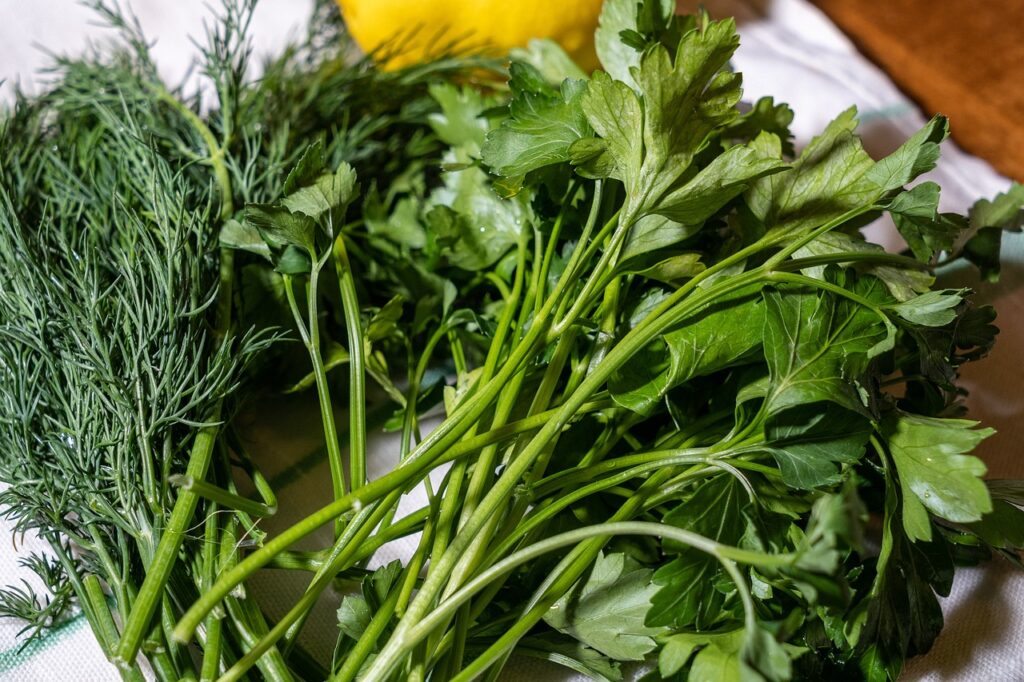
Why They’re Beneficial: Dark, leafy greens are rich in vitamins A, C, and E—antioxidants that help fight off infection and reduce inflammation.
- Nutrient They are loaded with fiber, vitamins, and minerals that support immune health and cellular repair.
- Usage Tip: Add leafy greens to soups, broths, or smoothies for an extra nutritional boost. Cooking them slightly can make them easier to digest if you’re experiencing stomach discomfort.
Smoothies and Fruit Blends
Why They’re Beneficial: Smoothies provide a hydrating and nutrient-dense option, especially if you don’t feel like eating solid foods.
- Key Ingredients: Blend fruits like berries (rich in antioxidants), bananas (high in potassium), and leafy greens with a liquid base such as water or almond milk.
- Benefits: Smoothies allow you to combine multiple immune-boosting ingredients into one drink. Additions like ginger, honey, or yogurt can enhance both the flavor and health benefits.
Tips for Flu Recovery
Hydration is Essential
Fever, sweating, and reduced appetite can lead to dehydration, which is why staying hydrated is crucial. Drinking plenty of water, herbal teas, and electrolyte-rich broths will help maintain fluid balance and prevent dehydration. Coconut water is also a good option, as it naturally contains electrolytes that help rehydrate the body.
Avoid Processed Sugars
Processed sugars can suppress the immune system, potentially prolonging recovery time. Instead, focus on natural sugars found in fruits and honey. By avoiding processed sugars, you can support a stronger immune response and potentially recover faster
Eat Small, Frequent Meals
During the flu, your appetite might decrease, and eating large meals can be difficult. Eating smaller, more frequent meals can help you stay nourished without overwhelming your stomach. Try to incorporate nutrient-dense snacks, like a banana with yogurt or a piece of toast with honey, throughout the day.
Get Plenty of Rest
Sleep and rest are essential for a quick recovery. During sleep, your body works to fight off infection and repair itself. Lack of rest can weaken your immune system, so make sure to prioritize ample rest and sleep to aid in recovery.
A Sample Day of Eating for Flu
To make things easier, here’s a sample day of eating that includes a balance of hydrating, nutrient-rich foods to support flu recovery.
- Breakfast: Warm oatmeal topped with sliced bananas, a teaspoon of honey, and a dash of cinnamon.
- Mid-Morning: Herbal tea with a slice of lemon and a spoonful of honey.
- Lunch: Chicken soup with added garlic, leafy greens like spinach, and a side of whole-grain toast.
- Afternoon Snack: Plain yogurt mixed with a handful of berries and a drizzle of honey.
- Dinner: Vegetable broth with carrots, celery, and additional garlic, paired with a small side of cooked quinoa or rice.
- Evening: A smoothie made with berries, banana, and a small handful of spinach, blended with water or almond milk
The Takeaway
While there’s no single food that can cure the flu, a well-rounded, nutrient-dense diet can support your body’s natural defense system and ease flu symptoms, helping you recover faster. Choosing the right foods, like hydrating broths, immune-boosting fruits, and soothing teas, allows you to nourish and hydrate your body while supporting your immune system. Combined with plenty of rest and hydration, these foods are invaluable tools in fighting the flu
Whether you’re sipping on herbal tea or enjoying a bowl of chicken soup, remember that every nourishing choice contributes to your recovery. Take things one meal at a time, listen to your body, and give yourself the care and nourishment you need. With the right support, you’ll be back on your feet sooner, feeling stronger and more resilient.
Frequently Asked Questions
Can food really help speed up flu recovery?
Yes, while food alone won’t cure the flu, certain nutrient-rich foods can support your immune system and help relieve symptoms. A diet focused on hydration, antioxidants, vitamins (like vitamin C and D), and minerals can help your body combat the virus more effectively and may reduce the duration of symptoms.
Are there foods I should avoid when I have the flu?
Yes, some foods can worsen flu symptoms or make it harder for your body to recover. Sugary foods, processed snacks, fried items, and dairy (if it triggers more mucus) can potentially irritate the digestive system, weaken the immune response, or exacerbate congestion. Focus on easily digestible, nourishing foods instead.
How much water should I drink during the flu?
Staying hydrated is essential during the flu, as fever, sweating, and other symptoms can lead to dehydration. Aim to drink at least 8-10 cups of water per day, but adjust based on your body’s needs. Broths, herbal teas, and water-rich fruits can also help keep you hydrated.
Are there specific vitamins or supplements that can help with flu recovery?
Vitamins like C and D, along with minerals like zinc, play a crucial role in immune health. These nutrients are found in foods like citrus fruits, leafy greens, nuts, and seeds. If you’re not getting enough from your diet, consider speaking with a healthcare provider about supplements, as they can sometimes help bolster immunity during illness
